Apples of Gold Nov/Dec 2016
It is now the time of year when Christians celebrate the Lord’s birth and sing, “Joy to the world! The Lord is come.” In Israel, people are celebrating the feast of Hanukkah, the Festival of Lights. [Editor’s Note: Hanukkah 2016 begins on Christmas Eve.] I recently visited an ultra-Orthodox synagogue-school and talked with some of the young men about Christmas and Hanukkah.
One student said, “Hanukkah is a very holy feast.”
“Then why is it not mentioned in the Jewish Scriptures?” I asked. “Yet Christmas is mentioned several times. Hanukkah only lasts for eight days, and then the lights of the festival go out for another year. But those of us who celebrate Christmas have an everlasting light in our hearts. We celebrate the coming of the Lord, in whom there is no more darkness, no more sorrow.”
The students listened carefully, but when I finished, one of them said, “That is a nice story. Now show us where it is written in the Bible concerning this one about whom you speak.”
I told them, “I will be glad to show you, and then you must show me where the Bible speaks of Hanukkah.” They agreed. I then turned to Isaiah 7:14 and read, “Therefore the Lord Himself will give you a sign: Behold, the virgin shall conceive and bear a Son, and shall call His name Immanuel.”
They thought they had trapped me since this verse does not mention Bethlehem. But then I read Micah 5:2: “But you, Bethlehem Ephrathah, though you are little among the thousands of Judah, yet out of you shall come forth to Me the One to be Ruler in Israel, whose goings forth are from of old, from everlasting.”
The passage made them uncomfortable. They tried to divert my attention by discussing every word of the passage.
Finally, I said, “I did not come here to compete with you, to see who knows more Scripture or who is smarter. I am showing you facts that you yourselves asked to see. Now you have seen them. The time has come for you to show me where the Bible speaks of Hanukkah.”
They were in an unpleasant position because they knew there is no reference to Hanukkah in the Hebrew Scriptures. So they again tried to challenge me. I was as one in a lion’s den. But I was not alone. The Lord was with me, and I knew He would strengthen me and not forsake me.
One said, “You act as if you own this synagogue.” I responded, “If you call this a house of prayer, then it should be a place where all people can come to worship their heavenly Father. He is not merely your God or my God. He is our God.”
Finally, some of these young men began to show a little friendliness toward me. But it did not last. Soon a teacher entered, and one of the students told him what was happening. The teacher became angry with the students. He then asked me, “Who are you? Are you a teacher?”
“No,” I replied. “But if I were, I would want to be an honest teacher. You and your colleagues are not honest with your students. Many of them have spent most of their lives here, studying under your tutelage. But they do not worship God. Rather, they worship books of tradition and the men who wrote them. As one who believes in the true and living God, I must show them—and you—the right way to worship God according to the Bible.”
The teacher then asked, “How did you come to speak about Christ to these students? Do you know who He is?”
I replied, “The trouble here is in the language. I say ‘Christ,’ but you say in Hebrew, ‘Messiah.’ They are one and the same. If you like, we can continue in the Hebrew language only. Then we can speak freely about Yeshua—Jesus—Salvation. The things I am telling you are not taken from mere books but from the Holy Bible.” The teacher was visibly shaken and excused himself, saying he had no more time to speak with me.
I was sad that, at this special time of year, this teacher and his students still live in deep darkness. Perhaps some day they, too, will be able to sing from their hearts, “Joy to the world! The Lord is come.”
—The Friends of Israel
Archives, 1996
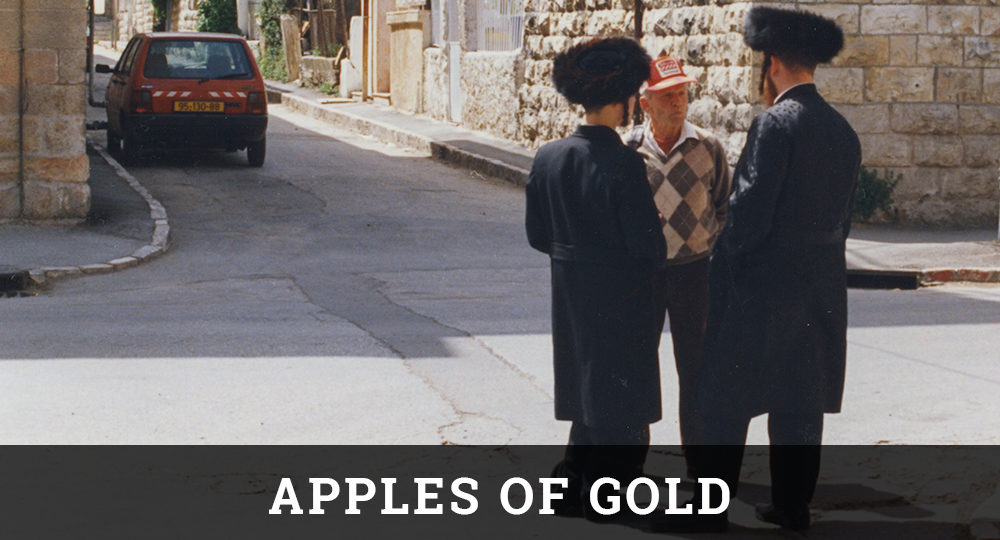

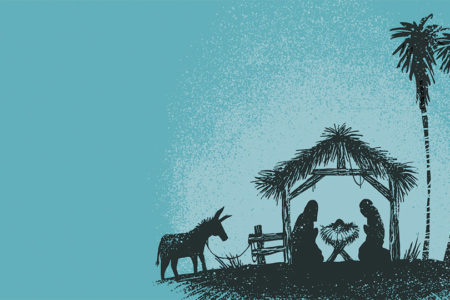
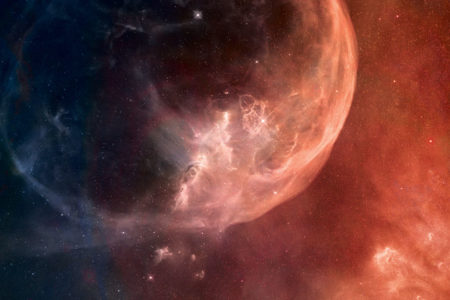
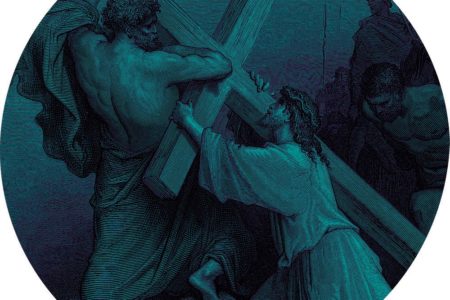
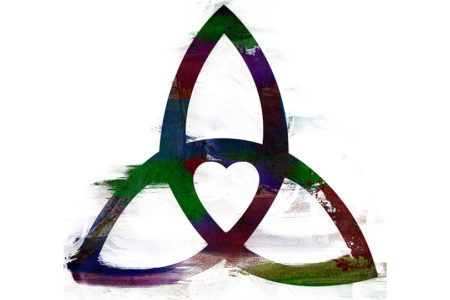
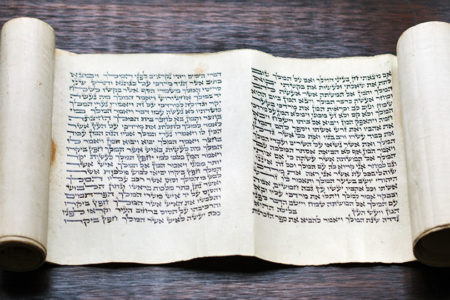


I love to read about the life of Zvi, truely a man of God!